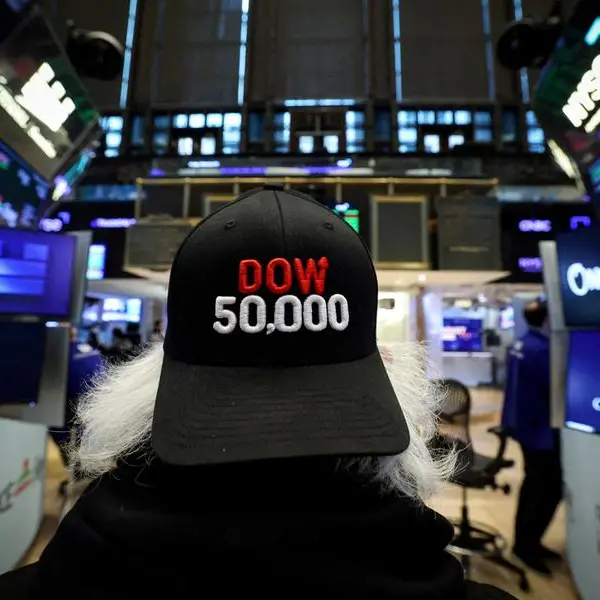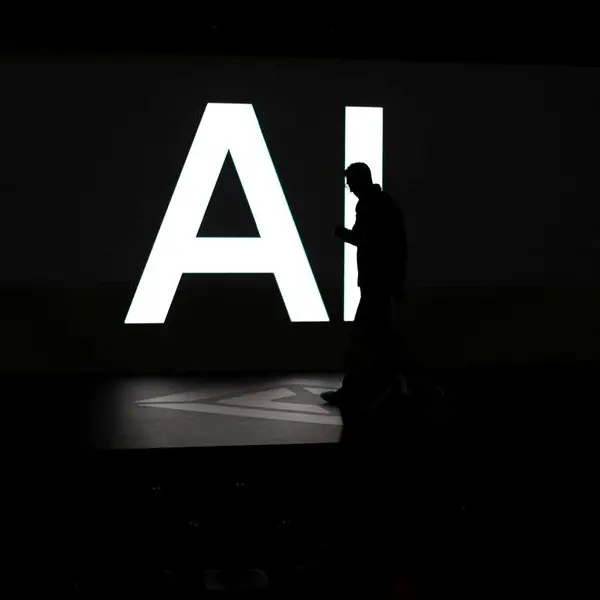PHOTO
Market values of major tech firms declined in August amid concerns over escalating artificial intelligence infrastructure costs and rising recession risks that would make the stocks particularly vulnerable during a market correction.
Last month, Alphabet Inc's lost 4.7% of its market value as a slowdown in YouTube's advertising sales fuelled concerns about its earnings. A U.S. judge's ruling that Google had violated antitrust laws and the emergence of new competition from OpenAI, which is developing an AI-based search engine prototype, also contributed to its shares' decline.
Amazon.com Inc's market value fell 4.5%, affected by slowing online sales.
Tesla's market capitalisation fell 7.7% last month after weaker Q2 earnings and following the news that Canada planned a new 100% tariff on Chinese-made electric vehicles.
The world's most valuable automaker started shipping Shanghai-made EV's to Canada last year and Ottawa's plans raised concerns about the potential profit impact of exporting from its higher-cost U.S. production base.
Meanwhile, Nvidia's market value fell in the last week of August by 7.7% to $2.92 trillion, after it projected third-quarter gross margins below market estimates and reported revenues that only met expectations, disappointing investors who were expecting a stronger performance.
Nvidia, which commands more than 80% of the AI chip market, stands in a unique position as both the largest enabler as well as beneficiary of surging AI development.
On a positive note, U.S. drugmaker Eli Lilly's market value surged nearly 20%, leading market gainers, driven by robust sales and the launch of a weight-loss drug that significantly reduces the risk of developing type 2 diabetes in overweight adults.
Berkshire Hathaway's market value closed above $1 trillion for the first time at the end of August, reflecting investor confidence in the conglomerate that Warren Buffett built over nearly six decades into what many consider a proxy for the U.S. economy.
Meta's market value also climbed nearly 10% after it beat market expectations for its second-quarter revenues and forecast strong revenue growth in the July-September quarter, indicating that strong digital ad spending on its platforms could offset the costs of its AI investments.
(Reporting By Patturaja Murugaboopathy and Gaurav Dogra in Bengaluru Editing by Tomasz Janowski)





















